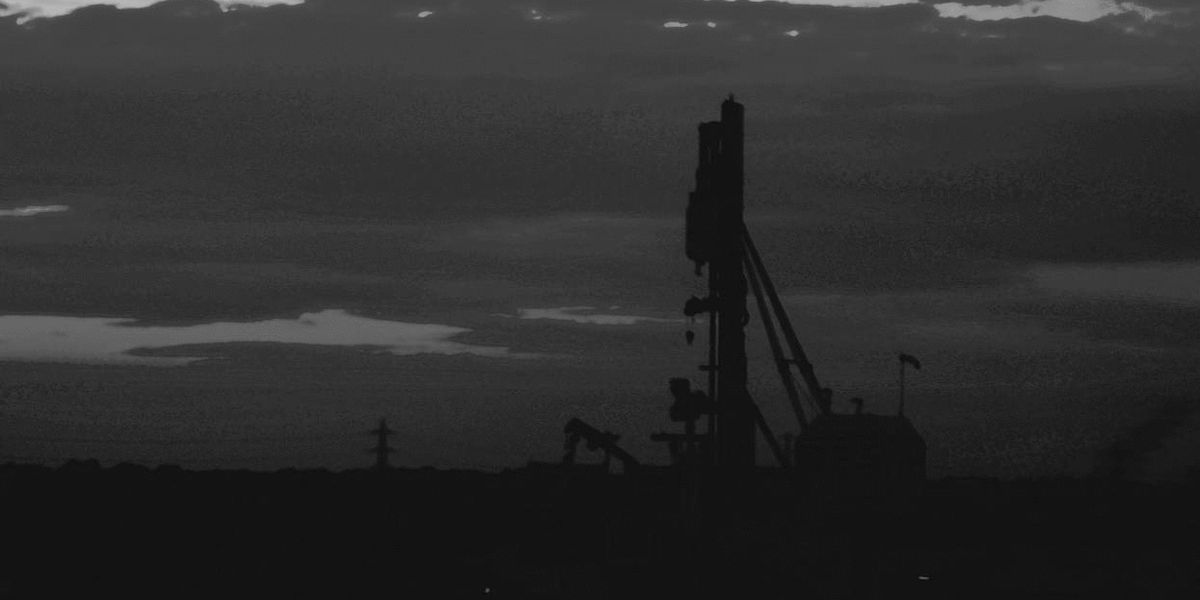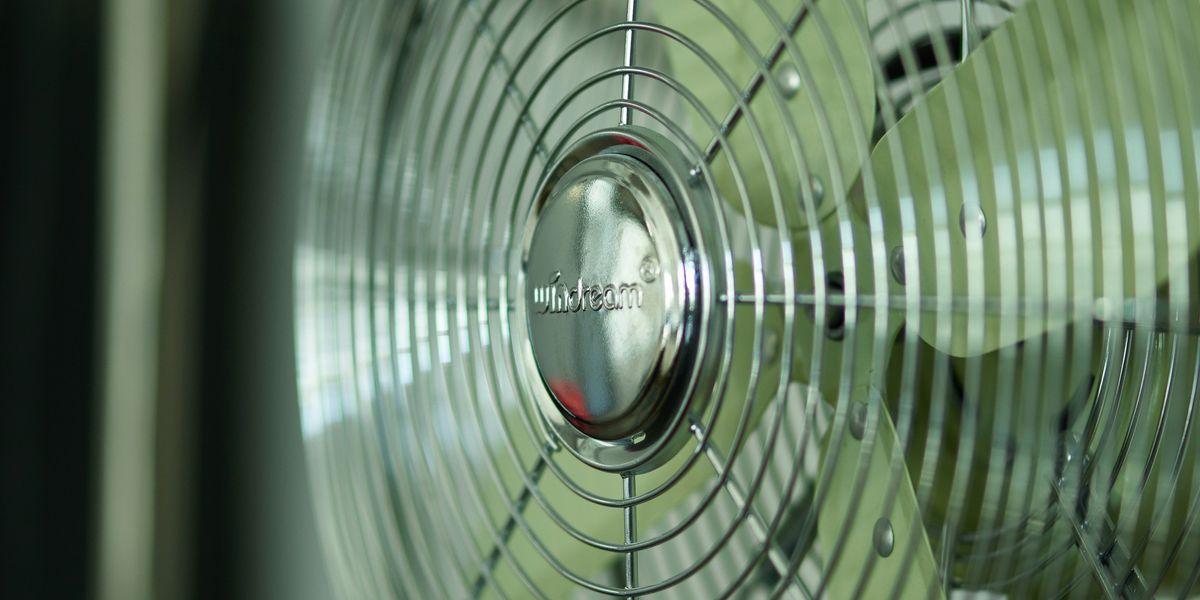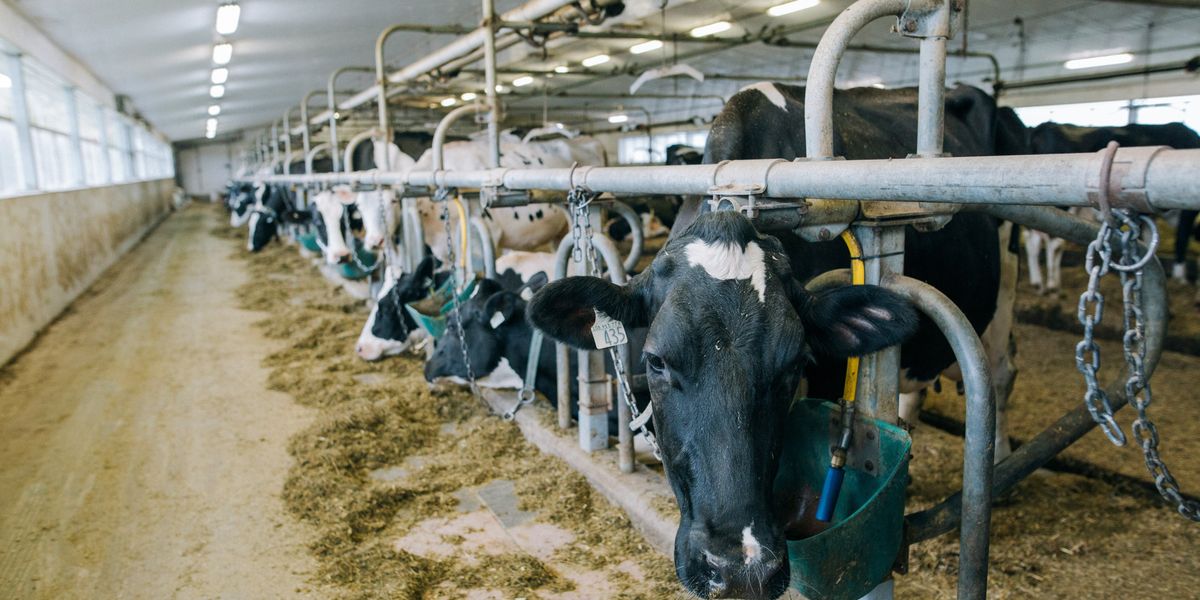
Fracking chemical mix causes disturbing changes in breast tissue: Study
Low levels of oil and gas production chemicals cause abnormal mammary glands and pre-cancerous lesions in female mice
Female mice exposed to a mixture of 23 chemicals used in oil and gas fracking developed mammary lesions and enlarged tissues—suggesting the chemicals may leave breast tissues more prone to cancer, according to a new study.
The study is the first to examine the potential impact of chemicals used in unconventional oil and gas extraction—such as hydraulic fracturing and directional drilling—on mammary glands and suggests that low levels of the chemical cocktail commonly found near frack sites may spur abnormal development in women's breast tissue.
"The mammary gland is a hormone-sensitive organ that is responsive to multiple endocrine inputs during development," the authors wrote in the study published today in the Endocrinology journal.
It's the latest potential health impact linked to fracking chemicals, which have been associated with low birth weights, birth defects and reduced brain function in children.
The findings are important as more than 17 million people in the U.S live within a mile of an oil or gas well. Hydraulic fractured wells now account for about half of U.S. oil, and two-thirds of the nation's natural gas, according to the U.S. Energy Information Administration.
In addition, health impacts were seen after exposure to levels of chemicals well within what is found near frack sites. The mixture was just a fraction of the more than 1,000 chemicals used during oil and gas fracking.
Scientists exposed female mice—while in their mothers' womb—to different levels of 23 chemicals. There were no effects on the mammary glands prior to puberty, but when the exposed mice were adults they developed lesions and a condition called hyperplasia, which causes enlarged organs or tissues.
The researchers "chose varying amounts of the [chemical] mixture in order to mimic a range of human exposures to these chemicals," said Susan Nagel, a researcher and associate professor of obstetrics, gynecology and women's health at the University of Missouri School of Medicine, and study co-author.
Nagel and colleagues used four different doses — the two lowest doses were similar to what you might find in drinking water in areas near oil and gas operations, and the higher doses were comparable to wastewater puddles on work sites near fracking, said senior author Laura Vandenberg, a researcher and assistant professor at the University of Massachusetts–Amherst School of Public Health & Health Sciences.
They saw effects on all exposed mice. "Even at low doses we're seeing lesions in the mammary gland," Vandenberg said.
Vandenberg said this "suggests the mammary gland is getting misinformation about where in development it is." The 23 chemicals in the mixture are all known endocrine disruptors and have previously been show to either mimic or interfere with certain hormones.
Scientists have for years warned that certain fracking chemicals are hormone disruptors: In 2016, a large review of 45 studies on oil and gas chemicals concluded, "there is ample evidence for disruption of the estrogen, androgen, and progesterone receptors by oil and gas chemicals."
Nagel and colleagues had previously tested the chemicals used on the female mice on their mouse brothers—and found the mixture caused "decreased sperm counts and increased testes, body, heart, and thymus weights and increased serum testosterone in male mice, suggesting multiple organ system impacts."
Nagel said they would next analyze how these breast tissue changes may affect function, such as lactation.
The impact on mice doesn't necessarily mean the same is true for humans—the mouse mammary gland has some similarities and some differences. However, there are "important parallels" between mice and humans," Vandenberg said.
"We use mice to test drugs before we give them to people … they're similar enough that if there is a problem in mice, we're not giving it [the drug] to people," she said.
"If we used the same standard for environmental chemicals, I would say this is a problem."













